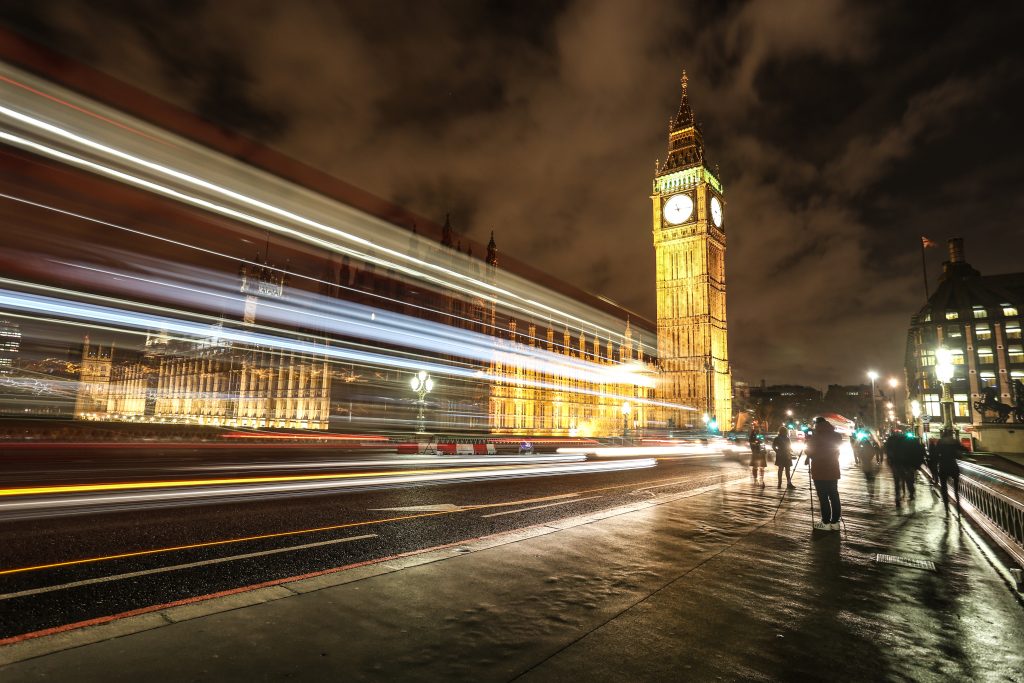The UK government recently released their proposals for a new UK Data Protection Bill. However, since much of the Bill will simply copy EU law into UK law, how important are the Data Protection Bill proposals to human rights?
Why is data protection law relevant to human rights?
Personal data means any information that identifies a living human being. We have a human right to have our personal data protected under Article 8 of the Human Rights Convention. The Human Rights Court has also previously said that the protection of our personal data is “of fundamental importance” to the enjoyment of our right to privacy and family life.
So what will the Data Protection Bill proposals do?
 Image Credit: Pexels
Image Credit: Pexels
For the most part, nothing new. Most of the “changes” in the government’s proposals are actually already covered in the General Data Protection Regulation (GDPR) – an EU law which will soon regulate data protection law across the EU.
Under both the Bill and the GDPR, you will have the right to:
- Withdraw your consent for the use of personal data (though there are exceptions, for example in criminal justice, where your data can be processed without your consent)
- Ask for your personal data to be erased – known as the “right to be forgotten”
- Provide consent for your child’s personal data to be used. Or, if you’re 13 years old or over, you can provide consent for your own personal data to be used by others
- Require that no person or organisation can process your sensitive personal data without your explicit consent (although there are exceptions – see above)
- Request access to your personal data, as long as your request isn’t manifestly unfounded or excessive
- Make it easier for you to transfer your personal data between service providers
However, the government’s proposals also say that it will provide a specific data protection framework for national security purposes. This is an interesting development. After all, we currently have laws such as the Investigatory Powers Act 2016, which enable public bodies to carry out mass surveillance and secretly process massive amounts of our personal data.
The Human Rights Convention acts as a vital shield against these disproportionate surveillance powers. It remains to be seen how a national security data protection framework would work in practice, and moreover, whether it would even comply with the Human Rights Convention.
So if it’s already in EU law, what’s the point of the Data Protection Bill?
If Parliament passes the Bill into law, it will ensure that the UK complies with EU data protection law before leaving the EU.
Remember: the GDPR will become law across the EU on 25 May 2018. Once that happens, the UK’s main data protection law, the Data Protection Act 1998, will no longer apply.
Furthermore, the UK is scheduled to leave the EU at the end of March 2019. This means that the GDPR would only apply in the UK for about 10 months, before it needs to be replaced.
But wouldn’t the Great Repeal Bill bring the GDPR into UK law anyway?
 Image Credit: Recal Media / Pexels
Image Credit: Recal Media / Pexels
Yes. The Great Repeal Bill is designed to copy all existing EU law into UK law on the day of Brexit.
So why not wait for that instead?
Possibly because the Great Repeal Bill will be very complex and will be likely to undergo a lot of scrutiny and debate before it passes into law. It looks like the government wants to get a head start on transferring some EU laws into UK domestic law.
In the case of the Data Protection Bill, this should mean that data protection laws will not be disrupted in the course of Brexit. However, we should also pay attention to the details of the Bill and make sure that none of our rights are watered down.
Overall, the Bill is more of a rehash than a revolution in protecting our privacy. We’ll keep our eyes peeled for when the government publishes a draft of the legislation for the Bill. In the meantime, stay tuned for all the human rights updates you need from RightsInfo!
For more information on this kind of stuff:
- Read our news article on the Data Protection Bill
- See our article on the triggering of Article 50
- Check out our feature on the Great Repeal Bill







